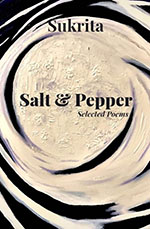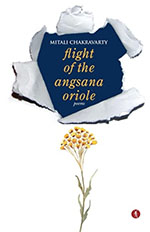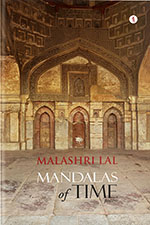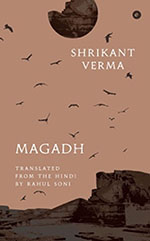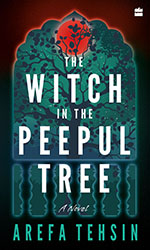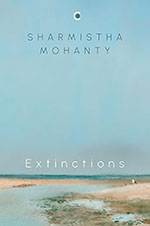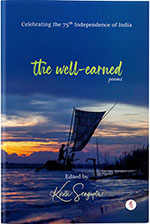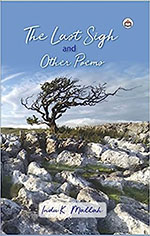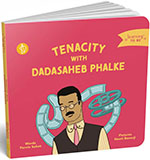Literature-Poetry
Word-induced silence makes witnessing both horrifying and lyrical, and it alters the understanding of the universe of emotions more profoundly, bringing in multi-layered, untold, exotic moments of epiphany.
Chakravarty’s Introduction comes with another poem in which she writes about angsanas that bloomed on trees and orioles ‘magicked out of the unseen leaves’. To her, they stand for the innocence of childhood.
The word ‘debut’ is likely to hold different meanings for different people. In general, a certain sense of tentativeness characterizes the word, a certain apprehension about how it articulates one’s vision of the world and how this is received. When, however, a debut collection of poems comes from a well-known academic, committed feminist, and seasoned reader of poetry like Malashri Lal, the idea of ‘debut’ is bound to introduce and generate new connotations.
2023
In the late 80s, everyone was reading Magadh, first published in Hindi in 1984. We little realized it was the last collection of Shrikant Verma, one of the most brilliant Hindi poets. Barely two years later Shrikant passed away at the age of 54.
Arefa Tehsin’s work of fiction The Witch in the Peepul Tree gives a peek into the myriad changes unfolding in the nation through the lives of the people in Dada Bhai’s house.
2022
The poetry here is not in-your-face. Its intention is not to shout out, convert or proclaim; never wanting to draw attention to its intense gaze and its whispered yet assertive commenting voice.
This is a collection I have enjoyed reading.
As India celebrates its 75th year of Independence, Indian English poetry enters into its most robust and refulgent phase. Hitherto derided as a derivative discourse, imagined and expressed in a language which is not just alien but is patently colonial, Indian English poetry announces its ‘freedom’ from such insidious denunciations.
Like the scraps of a quilt, the poet Indu K Mallah stitches the pieces of fabric together with the invisible thread of warmth and empathy in her slim volume of poems.
The narrative describes Phalke as a versatile personality, whose ‘tenacity’ brings the Indian filmmaking industry to where it is today.

